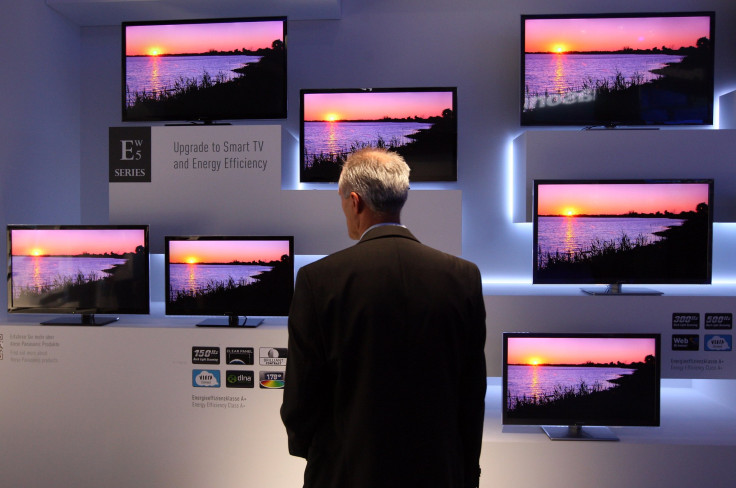Why Is My Cable Bill Going Up? Dish Network, Time Warner Cable, DirecTV All Raising Rates In 2016

Now that you’ve spent most of your disposable income on multiple viewings of “Star Wars: The Force Awakens,” here comes some not-so-stellar news: Your cable bill is about to go up. Pay-TV customers from numerous companies, including Time Warner Cable, Dish Network, DirecTV and AT&T U-Verse, are reporting inclement bill increases set to roll in at the start of 2016.
Time Warner Cable subscribers could see jumps of $10 a month or more come the new year; for DirecTV, the number is around $2 to $8 a month; and for Dish, around $5 a month for most packages. These increases may vary depending on the market you live in — pay-TV companies have found that in places where their competition isn’t as strong, they can charge a little more.
Rate hikes are an inevitability in the pay-TV space. For one thing, cable, satellite and telecommunications companies need to keep pace with inflation and make investments in equipment and technology.
Perhaps the bigger problem is that the cost of actually creating and disseminating your favorite (and not-so-favorite) shows is skyrocketing, thanks to increased competition over quality series and live sports rights. Advertising revenue isn’t quite what it used to be, and networks are consequently bargaining hard with providers over how much they should be compensated for the privilege of carrying their programming.
Backyard Brawling
AMC Networks is currently going to the mat with the National Cable Television Cooperative, an organization made up of smaller, regional cable providers that don’t quite have the subscriber numbers to play hardball on their own.
But it’s not just the denizens of the basic-cable tier who are trying to make up for declining advertising revenue. Broadcast networks also receive fees from providers, and are shifting their business model to lean more heavily on those fees. Perhaps the most high-profile tangle in recent memory is CBS’ nasty brawl with Time Warner Cable, which resulted in a win for CBS and a loss of 144,000 subscribers for Time Warner.
CBS Corp. President and CEO Leslie Moonves hasn’t made a secret of his desire to become less dependent on advertising and more dependent on subscriber fees, telling investors on a recent earnings call that the network will make $1 billion next year from just those fees. And while research firm SNL Kagan estimates that CBS gets 62 cents per subscriber, CBS claims it has already surpassed that figure. (As with all claims from one side of a negotiation, this should be taken with at least one or two grains of salt.)
The Art of the Deal
The deals hammered out between networks, affiliates and pay-TV providers can vary in length. Such is the confidence of programmers that generally, say people familiar with the negotiation process, the networks look for deals lasting no longer than four or five years, after which they can jack up their fees. AMC, per reports, is looking for a 10-year deal with built-in annual increases.
Pay-TV providers are publicly wringing their hands about these deals, taking networks to task for, essentially, forcing them to pass the non-savings on to customers. "We understand that getting maximum value is a top priority, which is why we work diligently to keep costs under control. However, due to higher costs of programming, an adjustment in the price of our programming packages is necessary," reads DirecTV’s note to subscribers on its site.
But the customer isn’t necessarily priority one for providers. The big players like Dish, Time Warner and Comcast also answer to stockholders, whose main concern is profitability. Any threat to the bottom line — whether from increased programming costs or more people opting for just internet service — must therefore be countered. The easiest way to do that is a rate hike.
There’s still time to ask Santa for a lower bill, but no promises on delivery this late in the game.
© Copyright IBTimes 2024. All rights reserved.






















